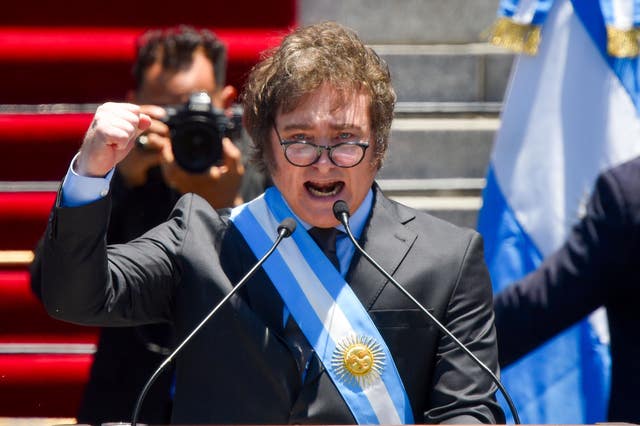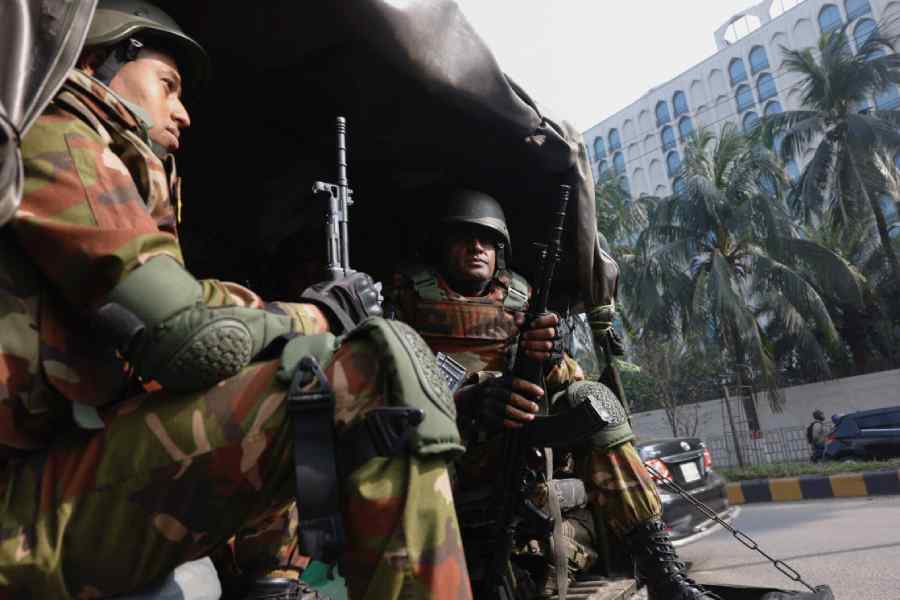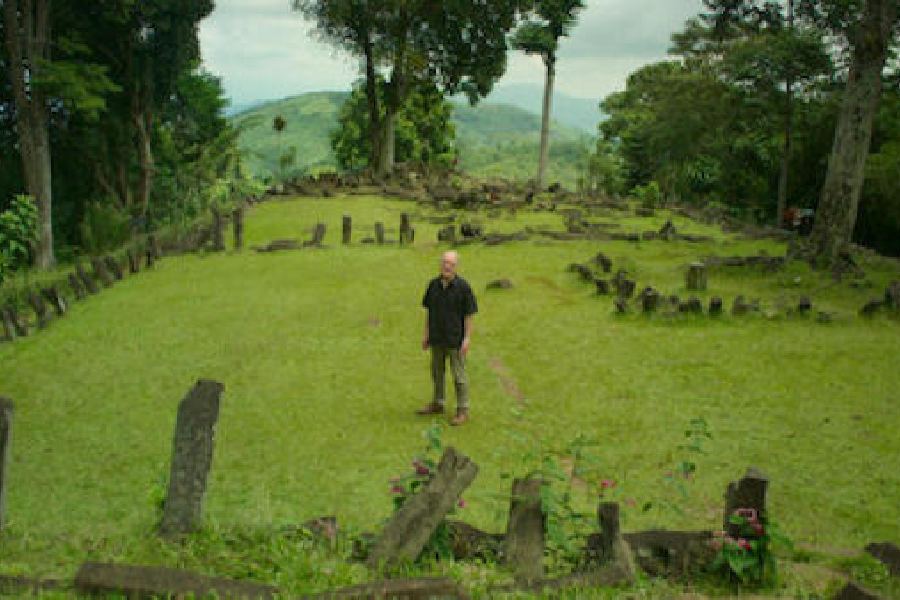
The logo for AFL–CIO – Fair Use
Editor’s Note: Unlike some local and national unions, AFL-CIO central labor bodies rarely have contested leadership elections, with opposing slates running on platforms offering alternative strategies for reviving the labor movement. In Vermont, there have been two such contests in the last four years, both resulting in a mandate for change.
In 2019, a group of local union officers and staff members created a reform slate called “Vermont AFL-CIO United!” Fourteen of its candidates got elected—taking all the top officer jobs and forming a majority on the state labor council executive board. Their goal was to revitalize a moribund organization through membership education, mobilization, and direct action, plus greater independence from the Democratic Party.
Rather than welcoming and applauding this leadership shift, the national AFL-CIO—then headed by the late Richard Trumka—threatened to put the Vermont Labor Council under trusteeship. As recounted by AFSCME activist David Van Deusen, in a forthcoming book from PM Press called Insurgent Labor, this headquarters take-over attempt was averted and reform efforts were able to continue.
A key organizer of the United slate four years ago, Van Deusen stepped down as Vermont AFL-CIO president after two terms in September. After another highly competitive election campaign, state labor council delegates chose Katie Maurice, a 31-year-old fellow member of AFSCME and DSA as his successor.
This time, the United slate again won a majority of the seats on the state fed executive board. Maurice’s running-mate, Ellen Kaye, from the American Federation of Teachers, became executive vice president. And the rest of their all-female leadership team includes Danielle Bombardier, a working member of the International Brotherhood of Electrical Workers who serves as Secretary-Treasurer.
At the convention, Vermont labor activists celebrated new organizing gains and an affiliation agreement with the long-independent State Employees Association, which have doubled the number of workers represented by the AFL-CIO in Vermont. In this interview, conducted by Steve Early, Maurice discusses her own path to joining a union, becoming a DSA member, and, now reportedly, the youngest state labor federation president in the country.
Steve Early: What led to your involvement in the labor movement?
Katie Maurice: After working on the administrative side of a private business for a few years, I was sick and tired of watching wages steadily rise for the men who were buddies with the boss while the women picked up all the slack for a fraction of their pay. I witnessed wage theft in the form of regular punch card adjustments by management and overt sexism and racism directed at the lowest paid workers, who had no real in-house recourse for these abuses.
I didn’t want my sense of dignity checked at the door when I entered my workplace. So, when given the chance, I jumped at the opportunity to get the hell out of there. I wanted a job where I had a voice and power over my own working life and labor– where democracy extended into the workplace and everyone was treated like the human beings we are.
Steve Early: What changed when you became an AFSCME member?
Katie Maurice: I joined AFSCME in early 2020, when I became a behavioral interventionist at the Howard Center, in Burlington, Vt., our state’s largest social service agency which has a staff of 1,600. After Covid-19 hit, my co-workers and I were briefly furloughed. We got help from our union filing for unemployment benefits. When we were recalled to our jobs, navigating life as an “essential worker” providing face-to-face mental health services during a pandemic posed all kinds of safety risks.
So that summer, I became a union steward and helped secure stricter safety measures to protect staff working at a summer camp. By the next winter, I was elected to serve as vice-president of our Local 1674 and the following year I became president. Currently, I serve as local secretary. Over the last three years, we have more than doubled our membership–largely through one-on-one conversations at work and home visits.
Steve Early: What kind of social service work have you done at the Howard Center?
Katie Maurice: I’ve spent most of my time providing one-on-one behavioral support in public schools serving kids who have emotional, behavioral, developmental, and intellectual disabilities, from disproportionately poor and working-class families. Many of my fellow AFSCME members work directly with children and adults with a variety of disabilities in the community, in schools, residential facilities, and some workplaces. We also staff crisis programs, including those for substance use and recovery.
Every day, we are on the front-lines of disaster capitalism, a band-aid that is sorely needed but never enough. While very essential, our work doesn’t address any root problems—like criminalization of poverty and homelessness or diseases like addiction that are often rooted in socioeconomic stressors. The lower-income Vermonters we serve lack universal healthcare, affordable housing and public transportation, access to education and secure employment, lack of leisure time and recreational spaces, not to mention opportunities to enjoy art and culture.
Steve Early: Why did you join DSA?
Katie Maurice: I signed up in November of 2021 and remain a rank-and-file member of Champlain Valley DSA. I joined DSA because the root cause of so many of our problems, as a working class, is capitalism itself, which robs working people of the resources needed to survive and live freely. I think we need to build a different economy, that puts people over profits. In the meantime, we need to create a broad-based anti-capitalist, anti-fascist labor movement in Vermont.
Steve Early: What made you decide to get involved in a state level affiliate of the national AFL-CIO, which is not the typical venue for labor activism by a young labor radical?
Katie Maurice: What motivated me was seeing the lack of essential resources provided to struggling unions in our rural and, thus, often ignored state. Anyone fortunate enough to be part of a progressive service sector local can’t confine themselves to that space alone. We need to engage with the wider labor movement, which is still at its lowest point in terms of union density and strike activity, despite resurgent younger worker interest in on-the-job organizing. If we fail to do so, members of too many unions will continue to be sold out and crushed and even the remaining left and progressive enclaves will collapse.
Steve Early: Could you tell us about the reform faction that has won two contested elections for the leadership of the Vermont labor council?
Katie Maurice: The reform slate called United! was formed in 2019 by progressive-minded rank-and-file union members who wanted to see a revitalized and fighting labor movement in our state. We articulated that vision in a 10- point platform later adopted as the official program of the state fed after we won.
Key elements of the AFL-CIO’s new agenda in Vermont include prioritizing organizing; not being afraid to exercise our power as workers, including by striking; speaking up on issues of social justice such as racism and gender oppression; achieving greater independence from the Democratic Party; and encouraging union democracy through wider participation of the rank-and-file. United! is not just an individual or group of individuals seeking higher office in organized labor. We’re trying to reach and inspire every worker who wants a more thriving, fighting labor movement.
Steve Early: What were some of the key differences in the race—between your United slate and a more traditional building trades-led ticket?
Katie Maurice: Our fundamental disagreement was over organizational priorities—whether to focus on politicians or fellow working-class people? The more centrist candidates felt that the labor council should return to its old role as a State House lobbyist, which cultivated insider-relationships with legislators from both major parties.
The United! Slate, on the other hand, pledged to build rank-and-file power by redoubling our organizing efforts rather than redirect our resources back to lobbying for politicians who sell us out. It is our belief that when we build people power, it will be the politicians who ask for our endorsement, not the other way around. And that’s the direction we must take – one in which the politicians in the statehouse have to listen to us because WE have power.
Since 2019, we have strengthened our ties with the Vermont Progressive Party, a third party which has not only focused on workers’ rights but also championed broader social justice causes, in a political landscape often dominated by powerful corporate interests. The VPP’s role as a party for the working class is not just about rhetoric; it’s about tangible actions. It’s about supporting legislation like the VT PRO Act that would protect the right to organize, about standing up against union-busting tactics, and ensuring that union members have a seat at the policy-making table.
Steve Early: By a narrow margin, you were elected the youngest state fed president in the country, as part of a very rare all female leadership team?
Katie Maurice: Yes, it’s a pretty important step we’ve taken and a first in our labor council’s history. Historically, it’s been difficult for women to participate in union activity, let alone hold positions of leadership. Lack of childcare at meetings is a huge barrier to participation. So United! hired unionized early childhood educators to provide child care at our conventions to make it easier for women and young families to participate. It’s no secret that women are paid less, have fewer resources, are in less privileged positions of power, and have to work harder to get by. However, we’ve seen a recent resurgence in organizing led mostly by women in industries with a disproportionately female workforce such as food service, healthcare, and social services.
Steve Early: Democratic Left recently ran an account of how “Workers Circles”—small group discussions sponsored by DSA and the labor council—have become a vehicle for labor education and activism in Vermont? Where do you see this unusual program heading during your two-year term?
Katie Maurice: Workers Circles’ are a great place to start new organizing campaigns and build networks of support for them. Our goal is to rebuild the base of the labor movement by developing new rank-and-file leaders through peer collaboration. We have been training more facilitators and expanding the circles to other parts of the state. It’s a model that helps connect co-workers and comrades, so they can
support each other along the way.
Steve Early: Do you have any advice for other DSA members who are involved in new organizing campaigns or trying to improve union functioning through reform caucus activity?
Katie Maurice: Make time to have some fun together and experience the joy of community. Organizing is about breaking out of the isolation we experience at work and in our communities, which means building personal relationships, which can be deepened by the collective experience of class struggle.
We can learn a lot from the southern civil rights movement sixty years ago. Its local activists faced brutal white supremacist opposition. They knew what hardships lay ahead. But they were prepared because they had made an organizing plan. And, most importantly, they made a decision that living in a segregated society was intolerable and fighting back was worth the hardship and sacrifices necessary to change that situation.
When things get difficult, talk to your coworkers and ask them what is intolerable? Is it engaging in class struggle and organizing? Or is it the poverty wages? The degrading working conditions? The disrespect? In organizing lingo, we call this “framing the choice,” because to do nothing is also a choice to live with the conditions you have right now and to allow others to live that way, too.






